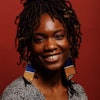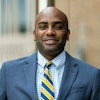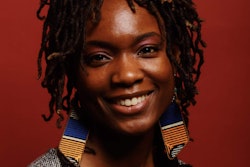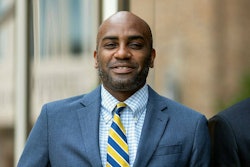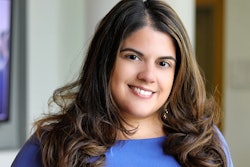As the new director of the Center for Africana Studies at Johns Hopkins University and a specialist in Latin American history, Dr. Ben Vinson strengthens the center’s internationalist orientation.
While it took more than three decades for Johns Hopkins University to approve a Black studies program in its arts and sciences division, faculty members and administrators at the elite Baltimore-based research institution created an academic center by wisely drawing upon its base of scholars in African and African Diaspora studies. Established in 2004, the university’s Center for Africana Studies has brought to the forefront a strong and timely academic focus on the African Diaspora.
The center’s energetic first permanent director, Dr. Ben Vinson III, is a specialist in Latin American history. His appointment in July 2006 has given even greater strength to the program’s internationalist orientation.
“I saw an opportunity to really insert a Latin American perspective into the larger debate and the larger discussion around the evolution and transformation of Black studies. I have always been someone who has looked at Latin America through a distinct racial lens — through the lens of Blackness,” Vinson says.
Although the Diaspora focus is not new to Africana studies, it emphasizes that international considerations are strongly shaping Black studies at U.S. institutions. The presence of young scholars with African Diaspora expertise and research background, such as Vinson, signals that Black studies is undergoing a generational shift where scholars trained in African Diaspora studies find themselves highly prized and recruited as much as their colleagues in the African-American fields.
“That’s where the trends in the scholarship are going — it’s more internationalist and more comparative. Much of the really exciting work intellectually is being done through that lens of comparative analysis,” says Dr. Manning Marable, the director of the Center for Contemporary Black History at Columbia University.
For their part, veteran university scholars affiliated with the Center for Africana Studies have greeted the center’s establishment with obvious pride after having worked hard for its establishment. They praise current university administrators, students and supportive faculty members who helped
reverse the faculty resistance that previous administrations had encountered when the school had considered launching Black studies as an academic program between the 1970s and 1990s.
